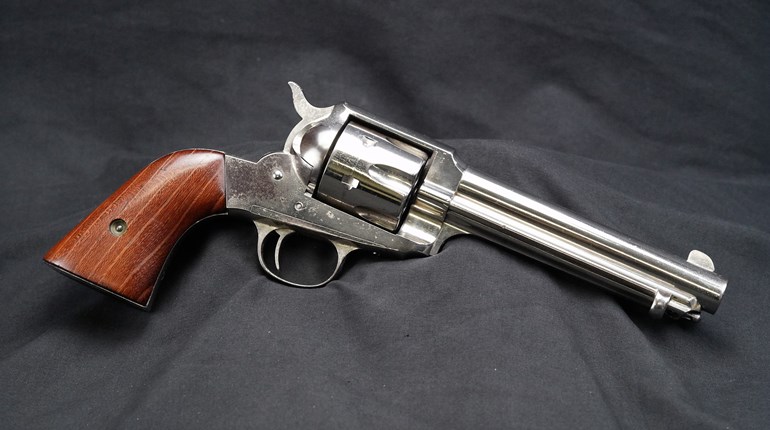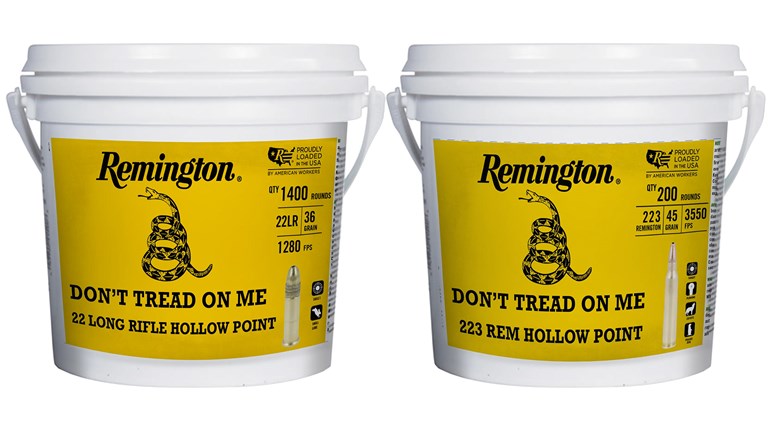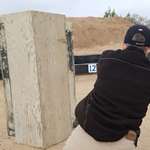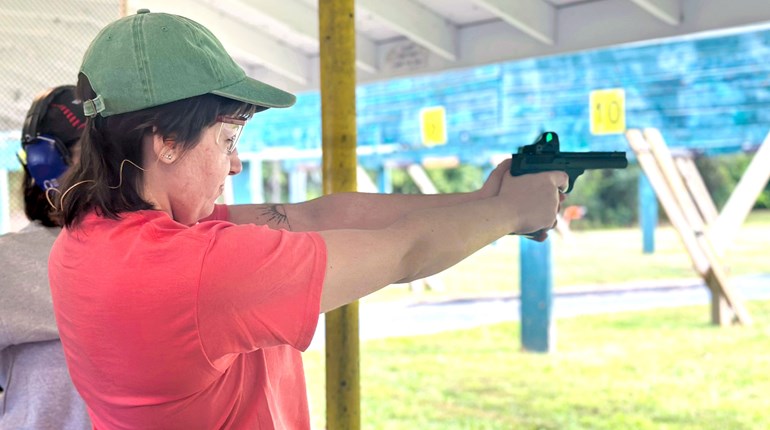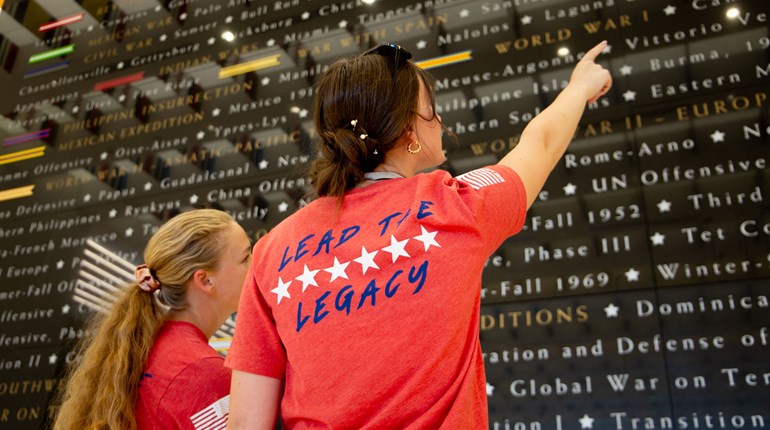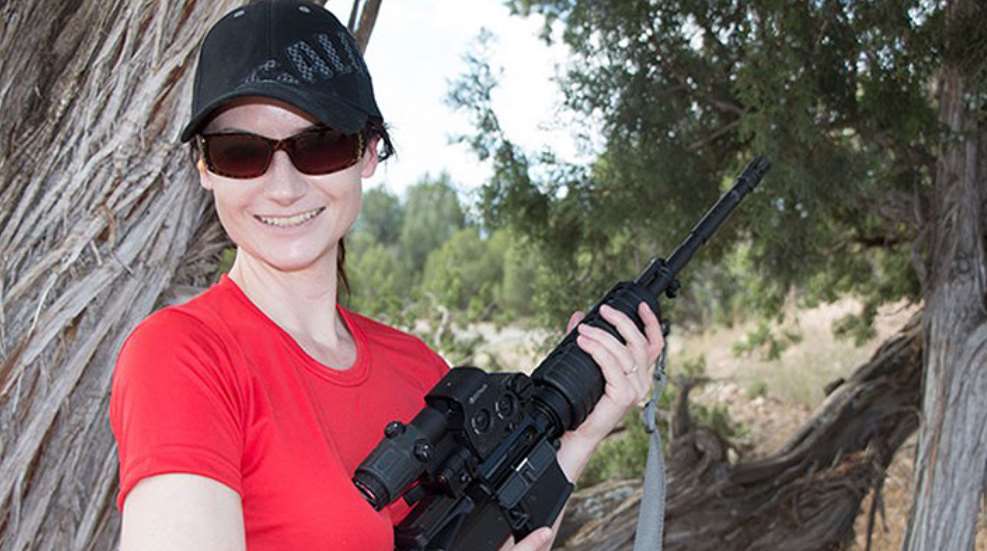
Here is the most counterintuitive heart-sinker you’ve ever heard: “We’re going to have a shoot-off, and the first-place prize is the gun the winner is holding!” Why on earth would anyone hear those words and cringe? Well, if you’re me, it’s because you’re at a women’s outdoor writers’ retreat at Gunsite Academy sponsored by Remington Arms. If you’re me, it’s because you’re surrounded by women whose marksmanship is far, far superior to your own. If you’re me, you work for the NRA and people expect you to be a terrific shot … and I’m sort of not.
Let me back up for a moment and make something very clear: Everyone at the retreat—from the instructors, to our kind sponsors, to my fellow writers—was wonderful and supportive. I had learned many things that were already improving my marksmanship, and all of the women there had offered tips and encouragement as we went. In fact, that has been the case at every women’s shooting or hunting event that I’ve attended. I didn’t feel inadequate because anyone wanted me to; I simply did. My performance on the range wasn’t helping matters, and the worse I did, the worse I did.
No, the above sentence isn’t a typo. There’s a vicious cycle of embarrassment that can get started in a shooter’s mind. Like a whirlpool, the deeper you get into it, the tougher it is to get out. Every time I squeezed the trigger and didn’t get a PING, I cursed myself … and then when I tried to reacquire my sight picture, it would wobble back and forth until I was ready to cry from frustration. Skills I had mastered years before started to crumble as I got more and more upset with myself.
If you’ve had days like that, now you know that you are not alone.
In fact, many (if not most) competitive shooters are well aware of that vicious cycle. Those competitive shooters, and the women and men who train them, have written a Library of Alexandria’s worth of advice about how to deal with that emotional roadblock to good shooting.
Naturally, I’d be remiss if I didn’t point you readers to some of that excellent advice. Here are some thoughts from six-time Olympic medalist Kim Rhode. Here’s Five Simple Steps to Bust Your Shooting Slump from our friends at NRA Family. Here’s In a Shooting Slump? Think Your Way Out from the competitive-shooting experts at Shooting Sports USA.
However, in the moment, on the firing line, the blazing Arizona sun had burned those cool, comforting thoughts and advice out of me. I was tired; it was the fourth early morning following the third late night. I looked left and right at the other women on the firing line, dynamos all, and finally had the revelation I’d needed:
I was going to lose, so I might as well just relax and have fun.
I took a deep breath. Giving up felt good. All I was going to do now was just keep shooting safely while I thought up amusing new ways to describe my poor marksmanship. That old saw about the broad side of a barn needs to be revamped for the 21st century, I thought. “That writer from the NRA couldn’t smack a zombie target if it was biting her ankle” was as far as I got before I started smiling. Losing isn’t so bad if you can give your new friends a laugh.
The contest was set up as a run-off, in much the same way basketball games in March are. I could have paid attention to who was doing well and who I might have to shoot against next, but why bother? Who cared? Not me; I was going to lose.
Until I won.
Now, naturally, the way the contest was structured gave me a shot (pun intended) that I wouldn’t have had in a straight shoulder-to-shoulder competition. Half of my competitors were eliminated before I shot against them. That said, I still couldn’t have won if I hadn’t been hitting the target every time. In the moment, however, I had absolutely no idea whether my rounds were hitting the X-ring or not. Why would I? I was going to lose anyway, right?
Of all of the wonderful advice out there about how to get around a mental shooting block, I’m pretty sure nobody’s has been “accept that you are going to lose.” Some of it may approach “stop giving so much of a care” (or any other earthy four-letter Anglo-Saxon word). However, if you’re struggling with the fine art of marksmanship—and you have already established some strong shooting techniques—you may want to try the fine art of apathy, too.














